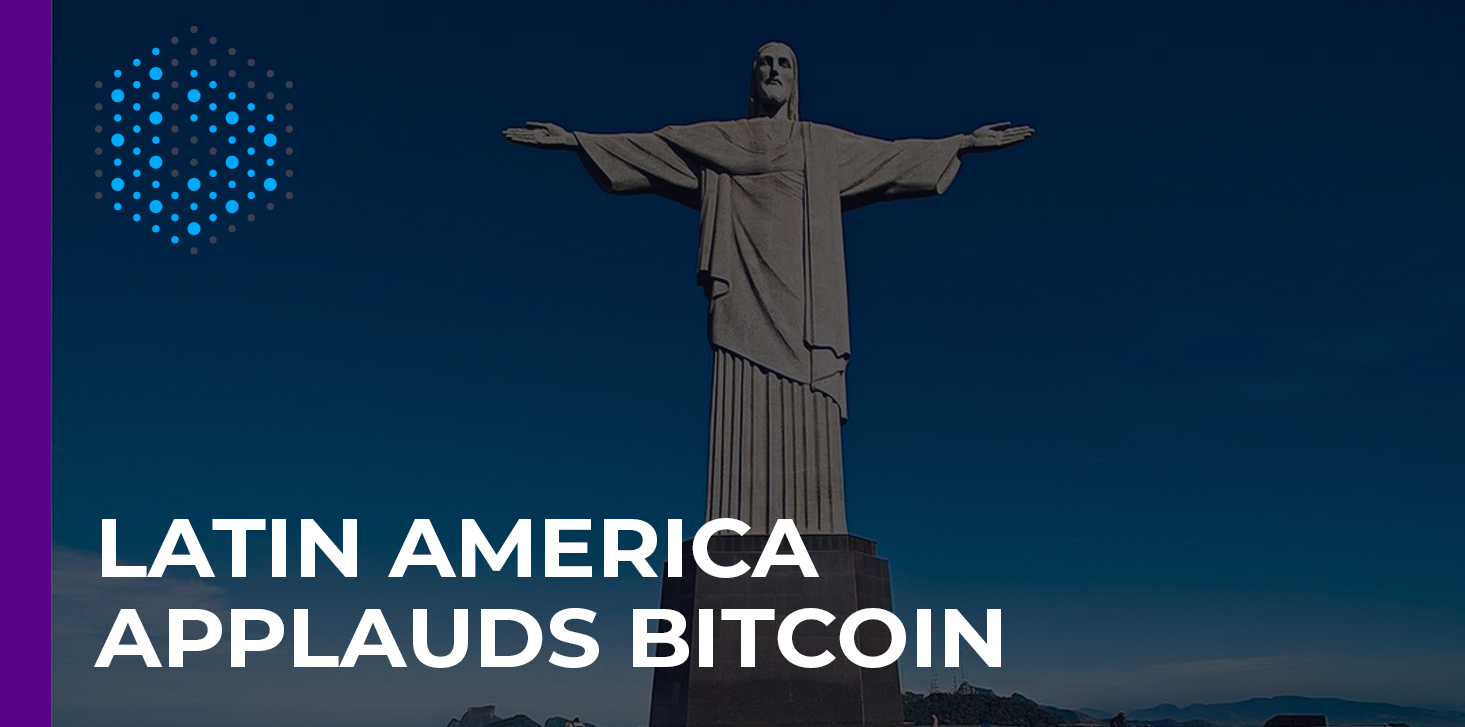Following El Salvador, Paraguay to legalize Bitcoin in July
A few weeks after El Salvador adopted Bitcoin as a legal currency, Paraguay also took a course to adopt the cryptocurrency. Carlitos Rehela, one of the country`s legislators, recently announced on Twitter that he will introduce a bill to legalize Bitcoin to the National Congress next month.
But it’s easier tweeted than done. El Salvador`s President Nayib Bukele passed from an announcement to a legislative act in three days. According to Euronews, Regela aims to introduce the law in the chamber, where his party has only two of the eighty seats. He will definitely need bipartisan support for this to become a reality. It is difficult to imagine how this will develop, since the draft of the Rehela bill will also be made public next month.
However, he has the support of enterpreneurs. Group Cinco, a Paraguayan entertainment holding company, announced last week that 24 of its businesses will accept cryptocurrencies from July.
The countries of Central and South America, which are fully covered by Western banking policy, should implement Bitcoin as a block. This is a form of decentralization that increases the risk of political or military pressure as a response. But still.
The implementation is far from being perfect since the government controls the distribution of Bitcoins in both countries. El Salvador plans to encourage the use of crypto by transferring $30 in BTC to citizens who pass KYC and face biometrics after downloading a public wallet. Something too dubious turns out to be confidentiality, security and anonymity.
But, this is good news for Bitcoin in the long term, and not so much in the short term, since you will be able to make sure that the IMF and banking regulators are preparing to attack Bitcoin if the trend of its adoption by countries does not stop.
Ban by China, and the warm attitude of the countries of South America
While countries such as China and India are introducing bans on cryptocurrencies, the countries of South America are looking forward to new opportunities. The United Kingdom, Japan, Canada, Australia and the European Union have so far refrained from direct bans and allowed the use of cryptocurrencies as business money, if not legal tender. Companies such as Microsoft and Tesla have already started accepting, who accepted cryptocurrencies.
The environmental problems associated with mining are a serious drawback, but the countries of South America may have a suitable solution for them. El Salvador, for example, plans to use the geothermal energy of its volcanoes to power Bitcoin mining enterprises. Paraguay’s energy needs are met by hydroelectric power, 90 percent of which it exports to Brazil and Argentina.
Getting rid of these fears, Ridgela is laying the foundation for crypto enthusiasts and investors who are seeking refuge after the exodus from China. It is likely that other South American countries may also follow this pattern to attract investment to their region.
